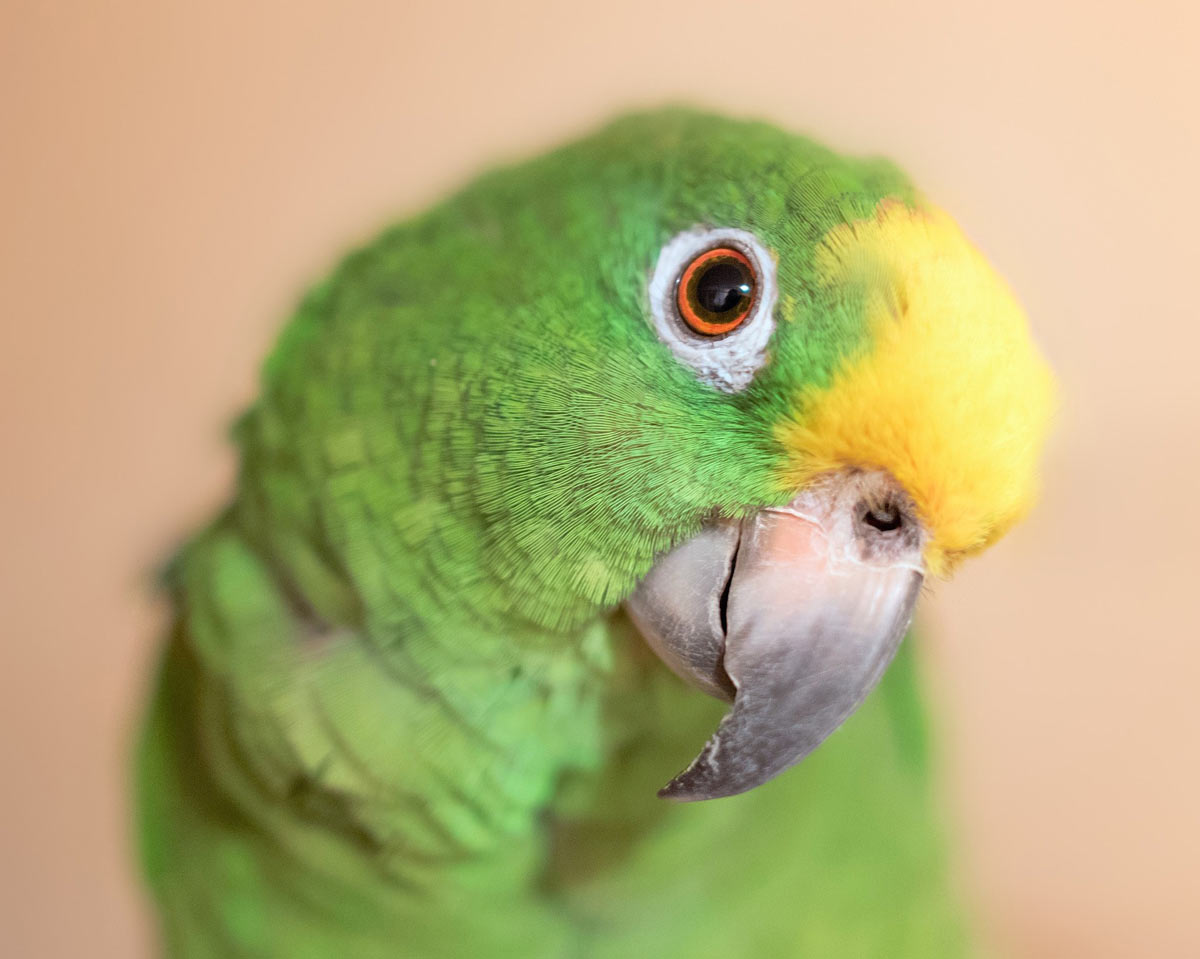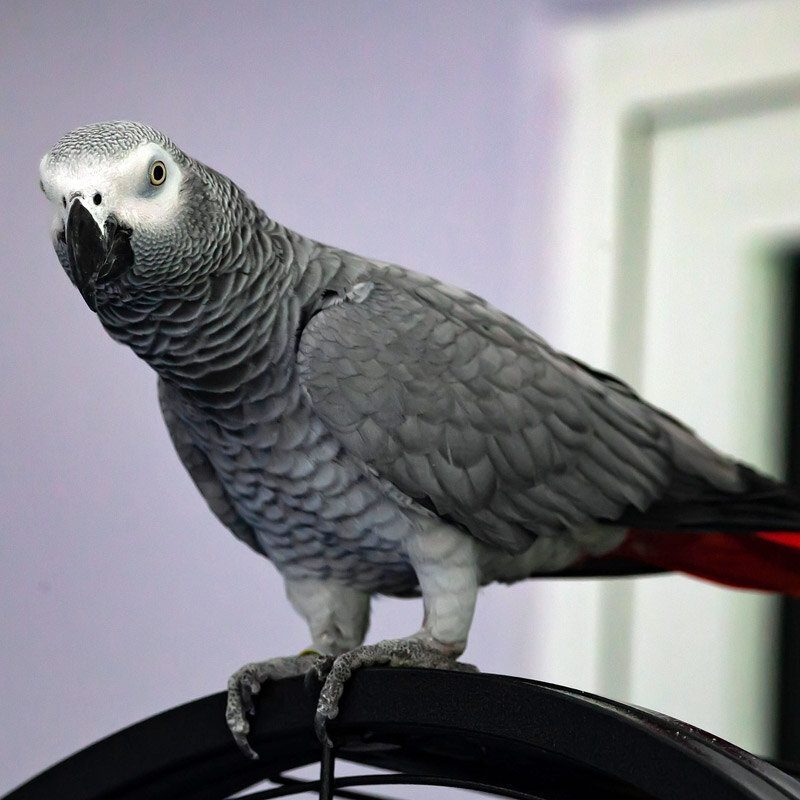swong66666
Member
- May 25, 2022
- 19
- 29
- Parrots
- None yet.
Which is a better shoulder pet: African ringneck or Indian ringneck?
Follow along with the video below to see how to install our site as a web app on your home screen.
Note: This feature may not be available in some browsers.
Now which one, African or Indian, has a smaller beak?I find both to be super smart and independent but very sweet if given a chance to properly bond with you. I think with what I've observed in their behaviors as pets, it's very important to ask yourself what YOU bring to the table as a companion.
To answer your question I think either can be an excellent shoulder companion with a LOT of your energy and time put into bonding and enrichment.
I will say that all of the pet ringnecks I've seen on social media and YouTube have owners who spend all day at home interacting with their birds, if that helps you understand the commitment level needed to keep them happy and wanting to interact with you.


 blogpamelaclarkonline.com
blogpamelaclarkonline.com

This one is also well worth the read! I do hope you will give them all a read. so much great stuff shared, much better than I can. Hopefully others that read your thread also take the time to read the links, they really are some if my favorite and have helped many. I wish it wasn't just called stress , because its awesome in sharing how parrots think and see everything and the environment, how thoughtfulness with cage, diet , behavior, ritual , tips, training its awesome for all parrots not just ones we view as stressed

Stress Reduction For Companion Parrots – Pet Birds by Lafeber Co.
To put it bluntly, keeping companion parrots is similar to trying to pound a square peg into a round hole. The fact that they do as well as they do is testimony more to their adaptability than it is to our husbandry efforts.lafeber.com
